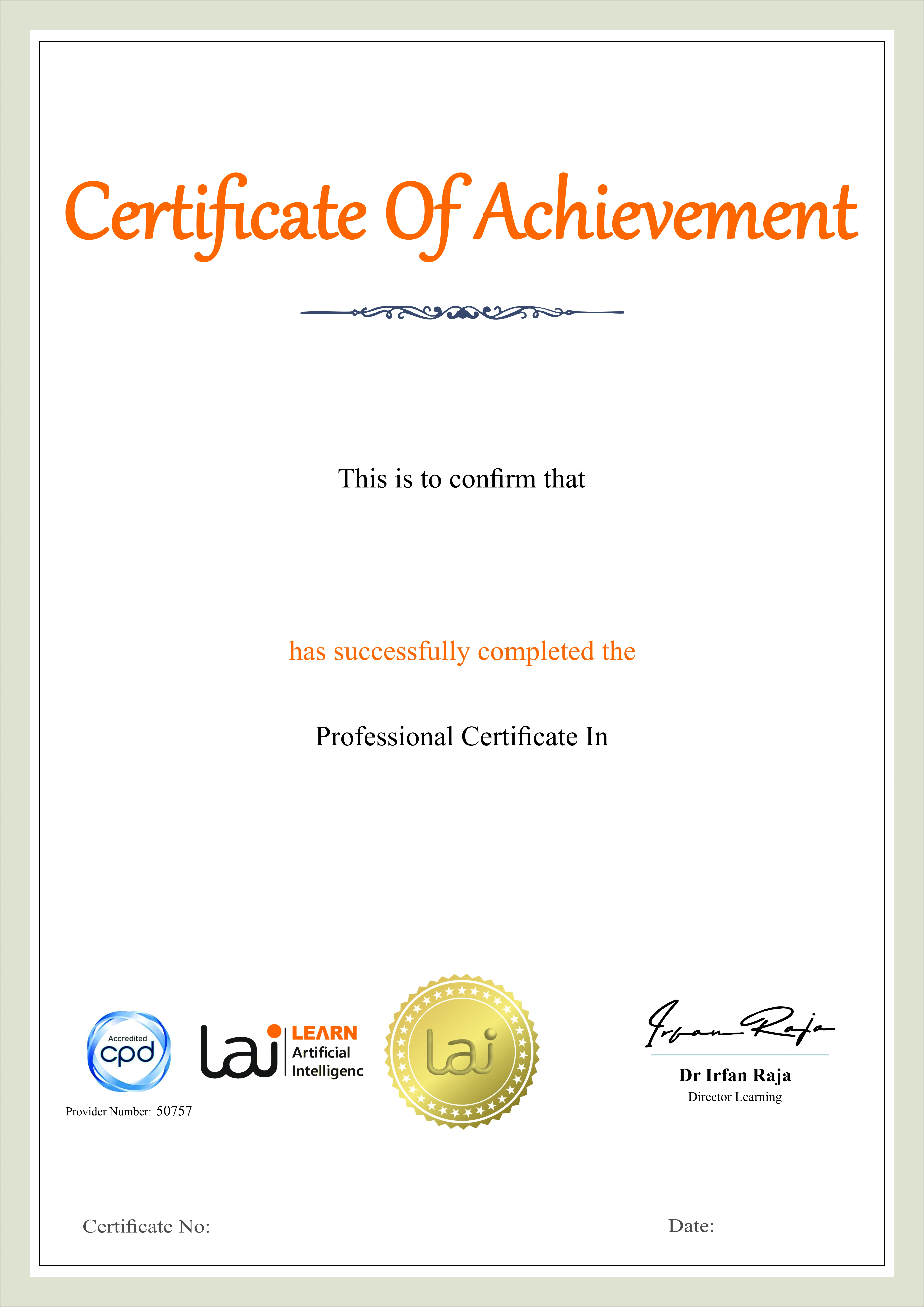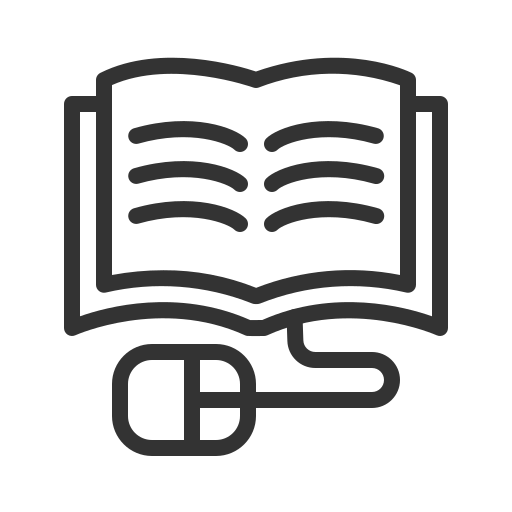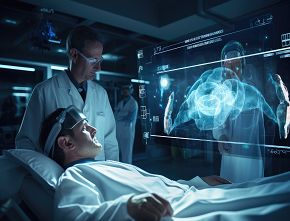The AI in Patient Monitoring course is designed to equip learners with a comprehensive understanding of how artificial intelligence is transforming modern healthcare through real-time and predictive monitoring solutions.
AI in Patient Monitoring
The AI in Patient Monitoring course is designed to equip learners with a comprehensive understanding of how artificial intelligence is transforming modern healthcare through real-time and predictive monitoring solutions. As healthcare continues to embrace digital transformation, AI is playing a critical role in enhancing diagnosis, improving outcomes, and remotely monitoring for patients—especially those with chronic conditions or in critical care environments.
This course explores the core applications of AI in patient monitoring, ranging from machine learning models for early diagnosis to advanced image analysis and integration with electronic health records. Learners will delve into the technologies that allow clinicians to make faster, data-driven decisions and deliver more personalized, proactive care. Through case studies, real-world scenarios, and hands-on examples, students will gain both theoretical knowledge and practical insight into this rapidly evolving field.
Whether you're a healthcare professional, data scientist, or tech enthusiast, this course will help you understand how artificial intelligence is improving lives by enabling smarter, safer, and more responsive healthcare systems.
This course is ideal for healthcare professionals, clinical researchers, health IT specialists, and data scientists interested in the intersection of AI and medicine. It is also suited for developers and engineers who want to contribute to healthcare innovation through AI technology. Additionally, students of healthcare, medical informatics, or computer science looking to specialize in digital health will find this course highly relevant. No prior experience with AI is required, though a basic understanding of healthcare systems or programming is helpful.
Understand the fundamental role of AI in healthcare and patient care.
Explain how medical data is structured, collected, and analysed.
Apply machine learning techniques for diagnostic and monitoring tasks.
Interpret medical imaging with AI tools and algorithms.
Utilize natural language processing to extract clinical insights from medical texts.
Integrate AI solutions into clinical workflows for enhanced care delivery.
Explore predictive analytics for early risk detection and patient stratification.
Examine the latest trends and challenges in AI in patient monitoring.
-
Explore the role of artificial intelligence in modern healthcare, including its history, benefits, and key application areas.
-
Understand the types and sources of medical data, including structured and unstructured formats, data privacy, and interoperability.
-
Learn how machine learning algorithms are used to detect patterns and predict medical conditions.
-
Study how AI enhances medical image interpretation in radiology, pathology, and more.
-
Explore how NLP is used to analyse clinical notes, medical literature, and patient records for actionable insights.
-
Discover how AI technologies are incorporated into hospital systems and electronic health records to support real-time decision-making.
-
Understand predictive modelling and how AI tools assist clinicians in forecasting health outcomes and prioritizing interventions.
-
Dive into real-time monitoring technologies powered by AI, including wearable sensors, remote monitoring platforms, and intelligent alert systems.
-
Examine the ethical, regulatory, and technical challenges in implementing AI, along with emerging trends shaping the future of healthcare.
Earn a Professional Certificate
Earn a certificate of completion issued by Learn Artificial Intelligence (LAI), accredited by the CPD Standards Office and recognised for supporting personal and professional development.

Key Aspects of Course

CPD Accredited
Earn CPD points to enhance your profile

Free Course
This course is free to study

Self-Paced
No time limits or deadlines

Flexible & 24/7 Access
Learn anytime, anywhere

Build In-Demand Skills
Get job ready

Updated AI Skills
Stay current with AI advancement

Global Learning
Accessible Worldwide

Premium Materials
High-quality resources

Employer Approved
Boost your career prospects



